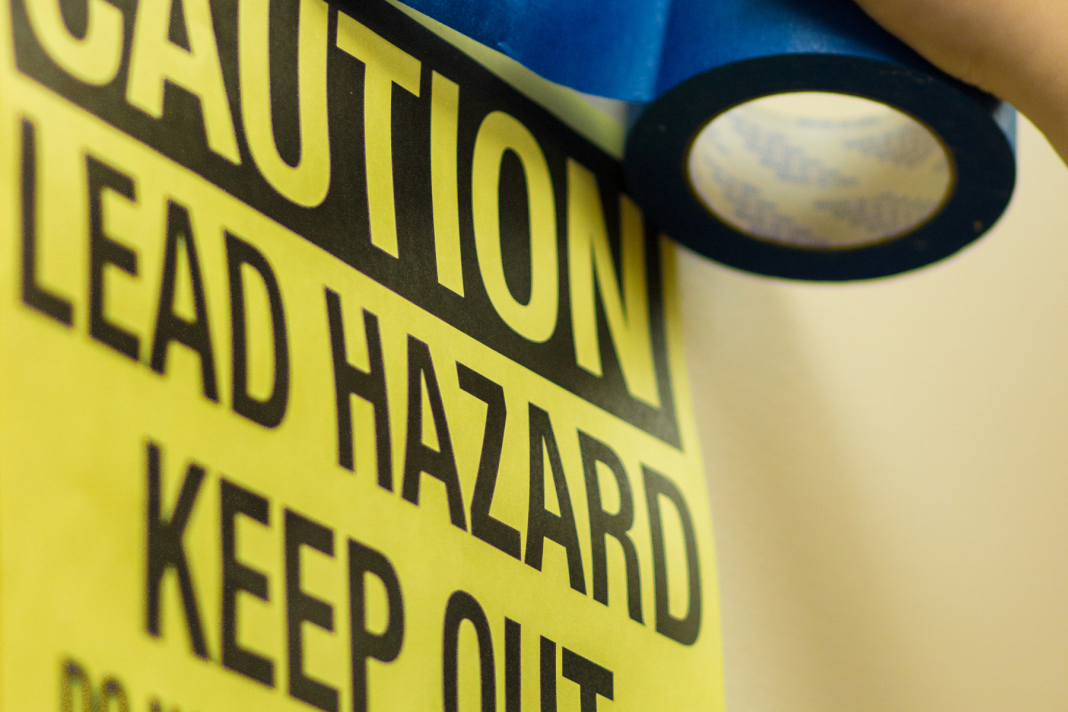Exposure to lead, even at low levels, can have lasting intellectual and behavioral effects on children, as well as many other health impacts on adults. That is why during National Lead Poisoning Prevention Week, the Pennsylvania Department of Health is encouraging parents to get their children’s blood lead levels tested.
“Lead is not natural to the human body, and even low levels in children have a lasting impact. The only way to identify exposure is by testing the blood,” said Acting Secretary of Health Dr. Debra Bogen. “That is why as a pediatrician, I urge all families to have their children tested for lead exposure, per CDC recommendations. Early identification can prevent the most serious effects, so all children can reach their full potential.”
In Pennsylvania, by far the most common source of lead exposure among children is from lead-based paint in homes built before 1978. Over time, lead paint transforms into dust that can poison children and adults when they swallow or breathe it in. Other less common sources of exposure include toys, ceramics, and other consumer products, and drinking water when it flows through older lead plumbing or pipes where lead solder has been used.
The Department recently launched a new interactive dashboard for the Adult Blood Lead Epidemiology and Surveillance (ABLES) program to display and monitor public health data related to adult workers who are exposed to lead in Pennsylvania. The dashboard displays data on blood lead tests by industry sector/subsector and demographics.
Earlier this year, the Department of Health published its sixteenth annual Childhood Lead Surveillance Annual Report, which includes data through 2021. In 2021, 156,018 children under 72 months of age were tested for lead exposure, and 4,850 (3.1 percent), were confirmed to have elevated blood lead levels.
The Department of Health provides resources to families to prevent and address elevated blood lead levels.
Through the federally funded Childhood Lead Poisoning Prevention Program (CLPPP), the Department works collaboratively with six local county and municipal health departments in Allegheny, Chester, Montgomery, Luzerne, Lehigh, and York counties to reduce lead exposure and promote childhood lead poisoning prevention.
Local partners invest CLPPP funding to implement strategies to ensure blood lead testing and reporting, enhance blood lead surveillance, and improve access to services for lead-exposed children.
The Department maintains a toll-free lead information hotline (1-800-440-LEAD) to provide information about lead poisoning prevention, testing, follow-up, and local resources.
Lead exposure among Pennsylvania adults most often occurs from jobs where workers regularly handle lead-based products.
The Department conducts interviews with adults who have elevated blood lead levels to identify sources of lead exposure and discuss preventive measures to minimize exposure. The ABLES program has educational materials in both English and Spanish to explain ways to minimize/avoid exposure.
The Department also engages in the Lead Hazard Control Program funded through a Housing and Urban Development (HUD) grant in eight communities throughout the Commonwealth, including Bethlehem, Blair County, Chester County, Harrisburg, Johnstown, York County, Philadelphia, and Reading. This effort supports the removal of lead hazards in the homes of impacted families.


